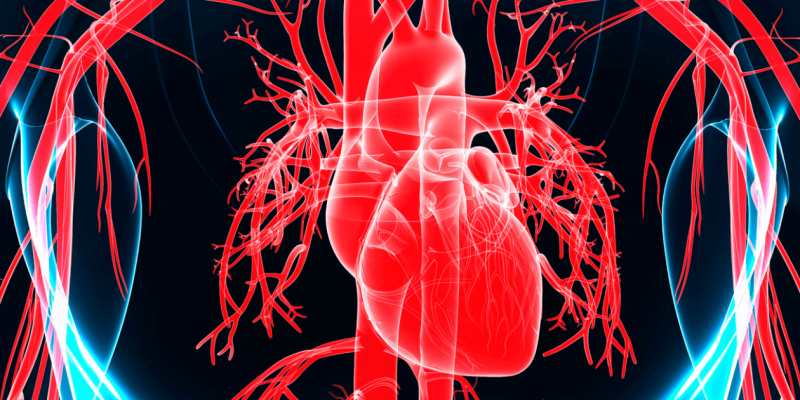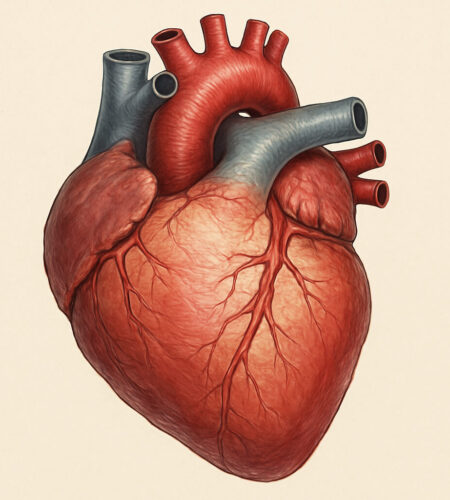
What Are Heart Valve Diseases?
The heart consists of four valves: the aortic, mitral, tricuspid, and pulmonary valves. These valves ensure the proper directional flow of blood within and out of the heart. Narrowing (stenosis) or leakage (regurgitation) of the valves can disrupt heart function, leading to various symptoms and serious health problems. The two most commonly affected valves are the aortic and mitral valves.

Aortic Valve Diseases
The aortic valve is located between the left ventricle of the heart and the main artery called the aorta. It consists of three leaflets, although in some people it may be congenitally bicuspid.
Two main diseases affect the aortic valve:
▪️ Aortic Stenosis
▪️ Aortic Regurgitation
Heart Valve Disease Treatment
Heart Valve Repair and Replacement
Heart valve repair or replacement are surgical procedures aimed at restoring the function of damaged heart valves. If repair is possible, the valve is preserved; in cases of severe damage, it is replaced with a biological or mechanical valve. These interventions improve heart efficiency and enhance quality of life.
Mitral Valve Diseases
The mitral valve is located between the left atrium and the left ventricle of the heart. It prevents the backflow of blood.
▪️Mitral Stenosis
Narrowing of the valve opening causes increased pressure in the left atrium and raises the risk of blood clots
▪️Mitral Regurgitation
Because the valve does not close completely, blood leaks from the left ventricle back into the left atrium.
Symptoms: Shortness of breath during exertion, fatigue, palpitations, blood-tinged sputum, arrhythmia
In our country: Mitral stenosis is most commonly caused by rheumatic diseases.
In the West: Mitral regurgitation is more common, especially among elderly individuals.
▪️ Лечение
Valve Repair: For patients with suitable valve structure
Valve Replacement: If necessary, replaced with a mechanical or biological valve
Quick Contact
About Us
Frequently Asked Questions
Heart valve diseases occur when the valves in the heart narrow (stenosis) or fail to close properly (regurgitation). These disorders disrupt the proper flow of blood through the heart and can eventually lead to heart failure.
The most common symptoms of aortic valve problems are chest pain, fainting, shortness of breath during exertion, palpitations, and dizziness. Patients with aortic regurgitation often experience a strong and irregular pulse.
Mitral valve diseases typically present with symptoms such as shortness of breath, fatigue, palpitations, and blood-tinged sputum. In advanced cases, symptoms may occur even at rest, and arrhythmias can develop.
Yes, treatment is possible depending on the type and severity of the disease. If the valve dysfunction is mild, medication may be sufficient. In advanced cases, surgical repair or replacement of the valve is performed.
In surgical treatment, depending on the patient’s condition, mechanical valves (durable for life but require lifelong blood thinners) or biological valves (have a shorter lifespan but require less medication) are used.
